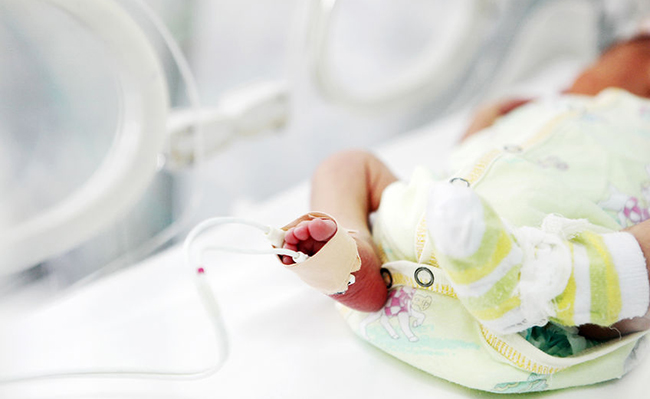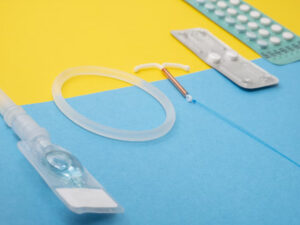The birth of a baby is a complex process, for it has to make several adjustments to life when it leaves the uterus. Its body systems have to change as it no longer gets the required nutrients and oxygen from the mother’s placenta. There are instances when the body systems of a baby do not work, having problems in transition. In such cases, babies are born prematurely or sick, and they need special care. These newborn babies need intensive medical care, and are kept in the neonatal intensive care unit (NICU).
What Is the Neonatal Intensive Care Unit?
Premature or sick babies are provided special care at a separate place called the NICU, which has advanced equipment and highly trained medical professionals for the purpose. The newborn babies will be in the NICU as long as they require the high level of care. Afterwards, when they do not need it, they will be shifted to special care nursery.
Babies that Need Intensive Medical Care
When it comes to the babies admitted to the NICU, most of them are preterm i.e., born before 37 weeks of gestation, and have birth weight lower than 5.5 pounds or 2.5 kilograms. Moreover, twin or triplet babies are also kept in the NICU, and given special care because of premature birth and being smaller than normally born babies. Some newborn babies with complications such as respiratory problems and infections, and congenital disorders like heart defects are also given care in the NICU.
What Does an NICU Look Like?
When you see or go into the NICU, it will be overwhelming. Before you enter the unit, you are required to wash your hands using antibacterial hand gel to protect the babies from any infections. Most hospitals in India are known to have Level III NICU facility, with access to a complete paediatric medical subspecialties. Moreover, it also includes:
- Advanced Incubators: They are meant for the critical neonate, and come with a range of accessories like the pulse oximeter, rotatable bed, convenient drawer, double-wall canopy, and weighing scale. A baby can be easily placed and removed by sliding out the incubator.
- Infant Warmers: They keep the babies warm in the bed using the heaters attached on the top.
- Phototherapy: With this treatment, a newborn baby is treated for jaundice. Through the photo-oxidation process, the bilirubin levels in the baby’s blood are lowered.
- IVs: The baby is administered fluids and medicines through an intravenous catheter or IV, which is a thin, flexible tube. Babies in the NICU have it on the arms, hands or legs.
- Monitors: The NICU has monitors to track the breathing, temperature and heart rate of a baby. They include a pulse oximetry, chest leads, blood-pressure cuff and temperature probe.
- Ventilators: They are endotracheal tubes used to help a baby to breathe.
Who Takes Care of Your Baby in the NICU?
For the level 3 NICU, most hospitals have specially trained healthcare professionals, and they include:
- Neonatologist: A neonatologist is specifically trained to take care of a newborn with a premature birth, injury, birth defect and serious illness. He or She is called to handle high-risk situations during pregnancy, and have received training to use the advanced equipment at the NICU. Resident paediatric doctors, nurse practitioners and nurses come under the supervision of a neonatologist.
- Resident Paediatric Doctors: These doctors are known to have additional training in taking care of newborn babies. Based at the NICU, they help direct your baby’s care and do procedures.
- Neonatal Nurse Practitioners: They are so essential that they work with neonatologists assisting in addressing the health issues arising from premature birth, genetic disorders, or any other causes.
With the level 3 neonatal intensive care unit, newborn babies get the highest quality of care during vulnerable times.




